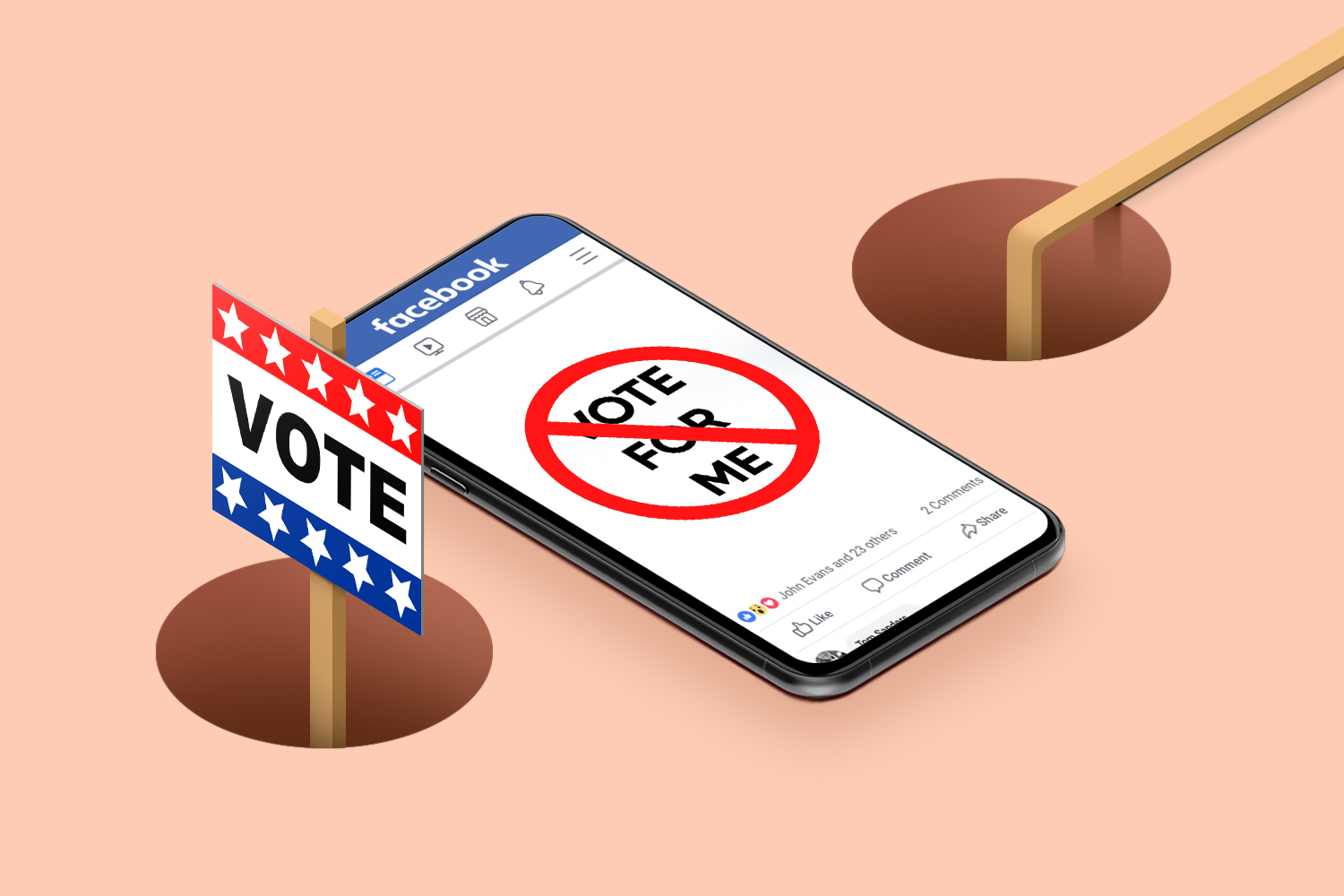
Google and Facebook will show how much they were paid for political advertising
The next few years will be marked by elections in many countries, and EU officials are trying to make political advertising on the Internet more transparent. Big tech firms will face new European Union rules to clearly label political ads on their platforms, who paid for them and how much, and which elections the ads are targeting.
Violations of the new EU requirements may be punishable by fines of up to 6% of the advertiser’s annual turnover.
The rules prohibit third-country organizations from sponsoring political advertising in the EU for three months before an election or referendum, and also prohibit advertising that describes people on the basis of ethnicity, religion, or sexual orientation.
“The new rules will make it harder for foreign actors to spread disinformation and interfere in our free and democratic processes,” said MEP Sandro Gozi, who is leading the process in the European Parliament.
The EU countries and EU lawmakers concluded the agreement after discussing the details of the draft regulation proposed by the European Commission last year.
All online political advertising will be available in the online ad repository.
“We have also provided a favorable environment for a transnational campaign in time for the next European Parliament elections,” Gozi said.
The European Parliament will hold elections next June, and many are concerned about disinformation and foreign interference in the run-up to the elections.
The common rules will be applied 18 months after the entry into force, i.e. in 2025.
By that time, measures regulating the non-discriminatory provision of cross-border political advertising, including for European political parties and political groups, will already be in place for the 2024 European Parliament elections.

